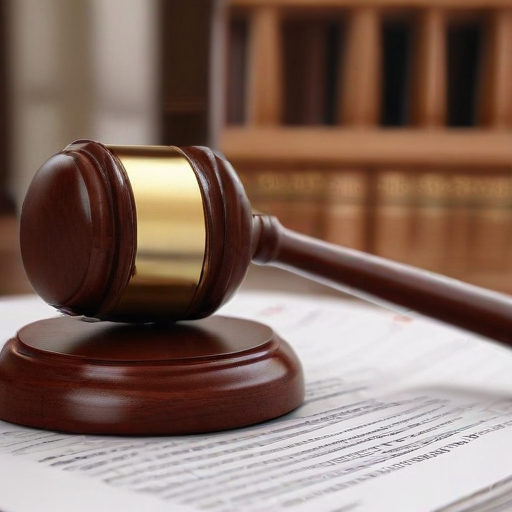The Illinois Supreme Court has recently made a significant ruling regarding Jussie Smollett, the former “Empire” actor who was convicted for allegedly staging a hate crime against himself in 2019. On Thursday, the state’s highest court overturned Smollett’s conviction, stating that his constitutional rights had been violated during a second prosecution after the initial charges were dropped.
The court clarified that its decision did not comment on Smollett’s guilt or innocence; rather, it focused on the legal procedure that led to his retrial. Legal experts noted that the ruling centers on due process rights, emphasizing that a defendant should not be subjected to a second prosecution if they have fulfilled the terms of an agreement made with prosecutors.
In 2019, Smollett claimed he was attacked in a racially and homophobically charged incident. However, investigations later revealed evidence suggesting that he had orchestrated the attack himself, leading to criminal charges. After the initial charges were dropped by Cook County prosecutors, a special prosecutor was appointed and filed new charges, which culminated in Smollett’s 2021 conviction.
In its ruling, the Illinois Supreme Court sided with Smollett’s defense, declaring that the reinstatement of charges after earlier dismissal violated his Fifth Amendment rights against double jeopardy. The court’s opinion stresses the importance of maintaining the rule of law and honoring legal agreements, stating, “What would be more unjust… would be a holding from this court that the State was not bound to honor agreements upon which people have detrimentally relied.”
While Smollett has consistently maintained his innocence, special prosecutor Dan Webb expressed disappointment with the ruling, maintaining that the evidence against Smollett was substantial. Cook County State’s Attorney Kim Foxx weighed in, reiterating her belief in Smollett’s guilt but acknowledging the complexities of the case’s handling.
Moving forward, although the criminal case is now concluded, Smollett still faces a civil lawsuit from the City of Chicago, demanding compensation for the extensive investigation costs linked to the alleged hate crime hoax.
This ruling marks a pivotal moment for Smollett as he looks to put the tumultuous chapter of his life behind him and transition towards the future. It also serves as a reminder of the critical role that due process plays in the judicial system, ensuring that justice is administered fairly and that legal agreements are upheld.
In summary, Jussie Smollett has had his conviction overturned by the Illinois Supreme Court due to violations of his constitutional rights in being prosecuted a second time. While the court did not comment on the evidence of his guilt, it emphasized the necessity of upholding legal agreements made with defendants to ensure due process.
